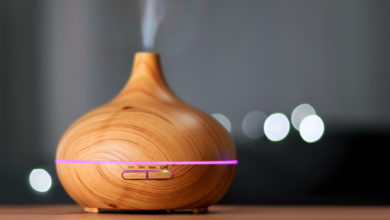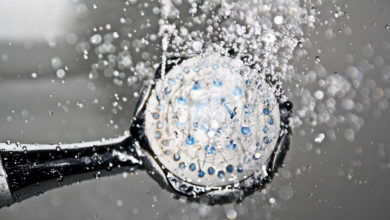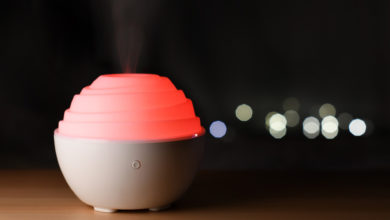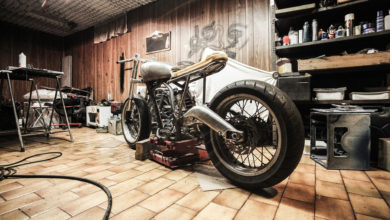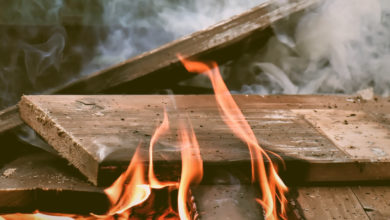Is your tankless water heater suddenly cold for no apparent reason? There are many different possible causes for a tankless water heater not heating water properly. Some are simple to solve and others will require professional help but even then, they need to be adequately identified first.
So, let’s go over the main problems with a tankless water heater and no hot water in showers.
1. Ignition failure
Tankless water heater water pressure issues are common in gas-powered water heaters. It’s perfectly possible that the heater simply can’t ignite because there’s not enough gas in your propane tank so you should check that first. Another possible problem is that the gas valve may simply not be fully opened.
If that isn’t the problem either, then it’s possible that the ignition pack has failed or there’s another, bigger problem. In those cases, you’d do best to contact a professional for help.
2. Flame failure
This is another similar example of either gas or electric tankless water heater problems. With gas heaters, the first thing to rule out here is to again check out the propane tank or whether you’ve paid your gas bill. After that, you should check if the regulator has failed, if there are combustion issues, if the gas line is too small, or if there’s a problem with the venting. If neither of those seems to be the case or if you’re uncertain, look for professional help as the problem is likely more serious than that.
3. Blocked exhaust or air supply issues
This is a common problem with tankless water heaters, in particular. Most models should have an error code that informs you that this is the problem but with some older models that might be missing. Either way, to rule out air supply or exhaust issues that stop the heater from working you should check the air vents for any puncture holes, debris blockage, or things such as bird nests, wasps, or rodents.
4. Mineral buildup
The most common example of a tankless water heater hard water problem is the buildup of minerals inside the heater. It can happen in traditional tank-based heaters as well. In either situation, it needs to be addressed by properly flushing and cleaning the insides of the heater. Hard water has much higher mineral contents than soft water which results in much faster mineral buildup so frequent cleanings must be made.
The average period for cleaning your water heater is once a year but if you know the water is harder in your area, we’d recommend doing it twice every year. You can either do it with a commercial (and rather expensive) system flushing kit or by using a water pump and a bucket of vinegar as we’ve explained here.
5. A cold water sandwich
This is a well-known problem for any large household where people take showers in quick succession one after another. This happens not because of a problem in the heater but simply because the demand for hot water is greater than what the heater can supply so after the hot water runs out, colder water starts running, then the heater manages to supply some hot water but then that runs out, and so on, and so forth.
If there’s no mineral buildup in the heater or none of the other problems are present and it is, indeed, working at full capacity, then the problem is simply that you’re demanding a bit too much from it and you should space out the showers.
6. System overload
Another problem that can come from too much demand for hot water at the same time is system overload. This can result not only in a cold water sandwich but in a complete shutdown of the heater. If that happens, reset the water heater and make sure you don’t overload it in the future.
If the same problem keeps repeating itself even after you’ve started using hot water more mindfully, then either there’s another underlying problem or you need a new water heater with a bigger capacity.
7. Faulty water heater dip tube
Tankless water heater leaking is also a common problem when there are problems with the dip tubes of the heater. To check for that, inspect the two water dip tubes at the top of the heater. The longer one is for the cold water, the shorter one is for the hot water. If either of them is having structural problems – holes, cracks, etc. – that’s likely the cause of the leakage, as well as the changing temperature of the water.

